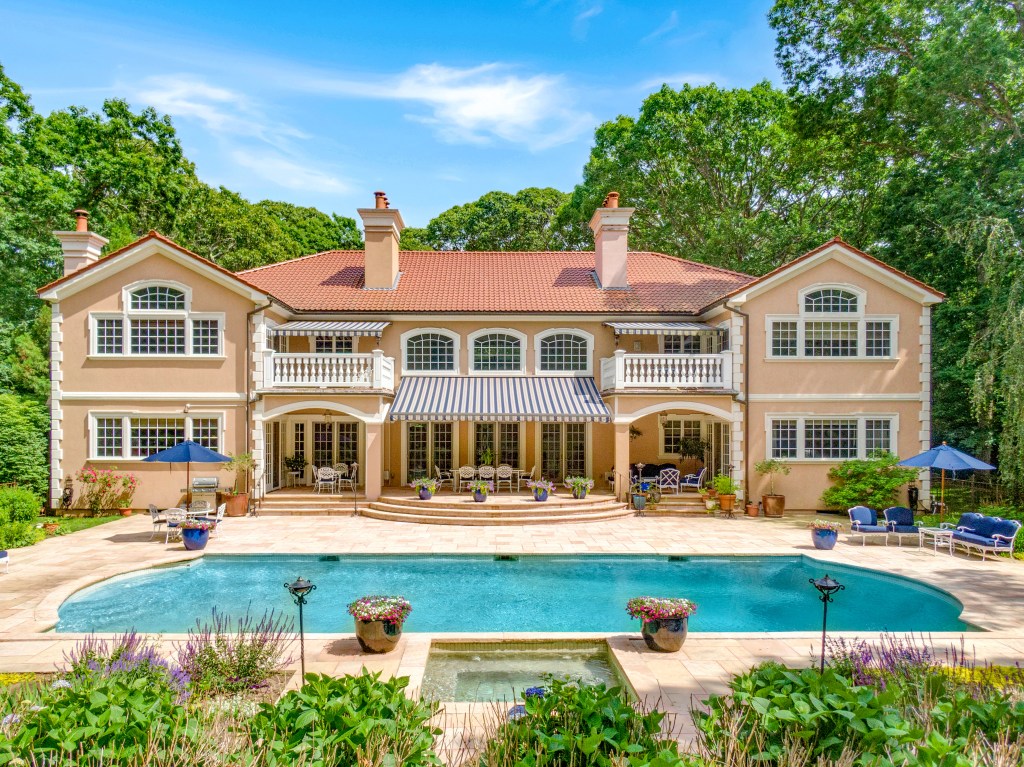East Hampton Tunes Up Music Law

Legislation regulating music permits, always a hot button issue for the East Hampton Town Board, was on the agenda Tuesday, November 19, with NancyLynn Thiele of the town attorney’s office scheduled to brief the board on an updated proposal.
The topic resulted in sour notes expressed from local musicians the week before, during the board’s November 12 meeting at the Montauk Fire Department’s hall. The meeting was less heated than one that occurred in March, when Town Hall was packed with opponents of the legislation, led by local songwriter and musician Nancy Atlas.
On November 12, Atlas, who introduced herself by her married name, Nancy Atlas Muse, described herself as “a professional musician who makes her living, and quite honestly, is at the top of the food chain” of the East Hampton music scene. “Music is the essence of this town,” she said. “It brings in tourism, it brings in money.” The tourists, she said, “want to be entertained.” She called Montauk, in particular, a “music town.”
Joe Lauro, who lives in Sag Harbor but performs often in East Hampton as part of a nine-piece jazz band, The HooDoo Loungers, was worried that musicians were being equated with “leaf blowers” in the portion of the law regulating decibel levels. He said that the 55-decibel level was too low, adding that his voice, as he spoke to the board, probably exceeded that number. He suggested raising the number to 65 decibels.
Another who addressed the board was Lynn Blumenfeld, who performs with the Lynn Blue Band. She said that music venues were being targeted by a small handful of complainers unhappy with the noise level. “Why do we need permits?” she asked.
Not everyone was a musician who spoke that night. Anthony Sosinski, a commercial fisherman, suggested that the town could charge for parking in Montauk for out-of-towners to help defray the costs of clean up and policing when local music festivals are held.
Lynn Calvo, the owner of Hula Hut in the dock area, said her clientele is family oriented. However, she wants the hours live music can be played to be extended from 9 PM to 10 PM.
After the public comments, Paul Monte, the head of the town’s business advisory committee, read a letter from the committee expressing their feelings about the legislation.
One of the major problems with the law that was proposed in March regulating the denial of a music permit was that it cited violations against an establishment, not convictions, as the criteria. Board members agreed that denying a music permit based on citations rather than convictions was a denial of due process guaranteed by the U.S. Constitution.
Monte went on to tell the board that the standard for denial should be three convictions for zoning violations such as noise levels in any calendar year. If a business is denied a permit, it would have the right to an appeal before the town’s licensing review board, a change from the law proposed in March, in which the appeal would be heard by the town board.
“Our goal is not to restrict music,” Town Supervisor Peter Van Scoyoc said, but rather to regulate it in an orderly fashion.
t.e@indyeastend.com


